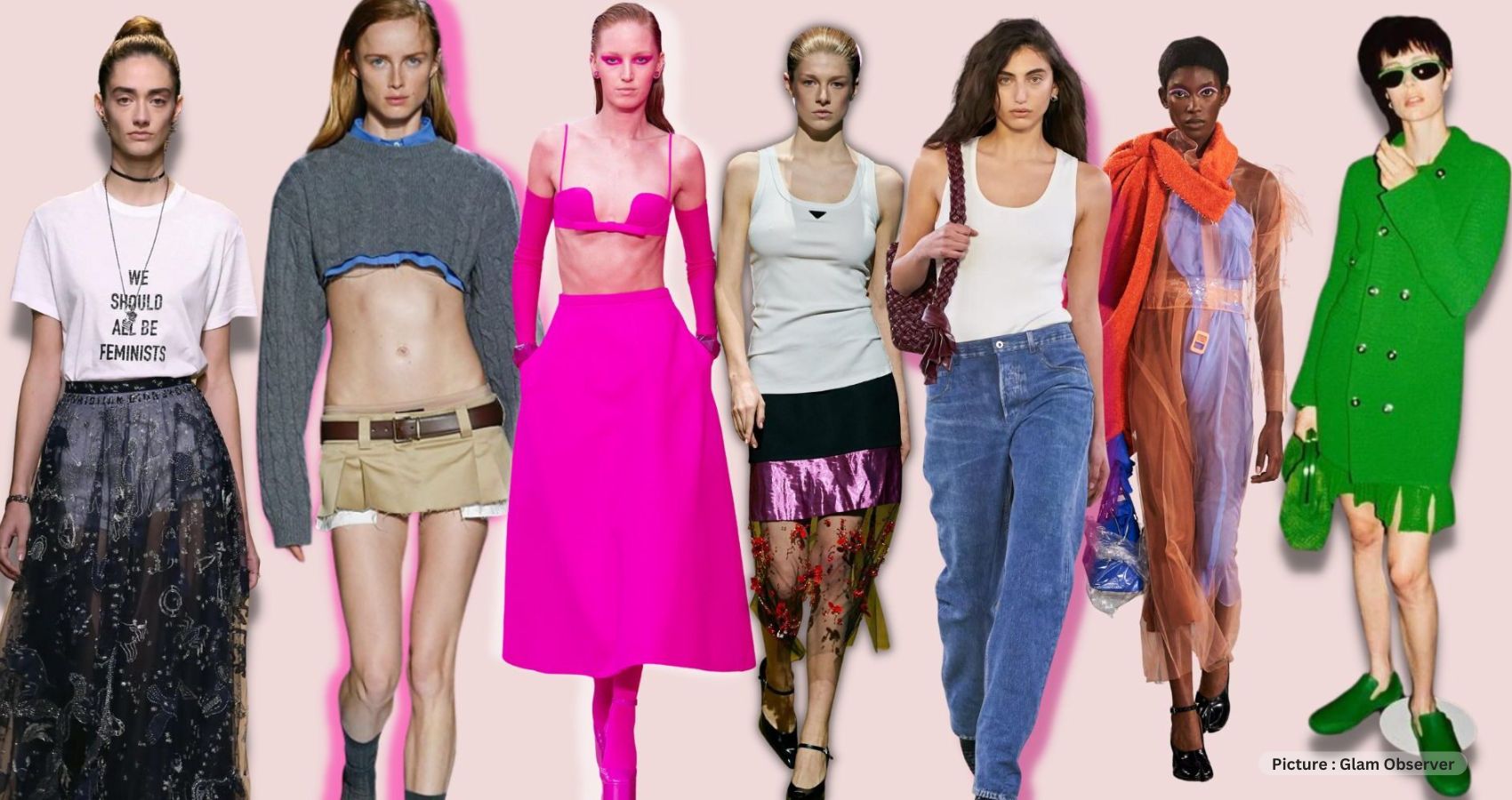“Fashion fosters the clichés of beauty, but I want to tear them apart.” Muccia Prada
Fashion has always been a hot topic for people. Over the years, the fashion industry has revolutionised alongside social media. And the influence of social media or media as a whole became more evident than the rest of the years. Fashion is not just an element of attraction among the younger generation; it is also relevant to every generation. Social media has just become a convenient platform for sharing and expressing oneself and for some to keep up with the latest updates in the industry. It also made people search, discover, and buy the latest items available to their liking.
According to reports, it was estimated that there will be about 4.89 million social media users worldwide in 2023.
Advertisements, campaigns, and brand promotion influenced mass production and consumerism. Social media promoted the fashion industry to the point where trendsetters became influencers, and influencers are used for marketing. Hashtags, celebrity endorsements, fashion hacks, and diversified fashion ideas are being used as a means for brand popularity. This also paves the way for upcoming designers and brands to gain popularity.
Even with the helpful guide provided by social media, the fashion cycle could have damaging effects. One such concept would be the concept of fast fashion. Fast fashion is the strategical mass production of inexpensive clothing in accordance with the latest trends’. Fast fashion has a negative impact on environmental aspects. The fashion business is considered to be the second-largest global polluter of clean water after agriculture. Younger generations’ psychology is also impacted by these new fashion trends; hence, if they do not adopt them, it negatively impacts their minds and increases their likelihood of developing psychological problems like eating disorders, mental illness, stress, etc.










